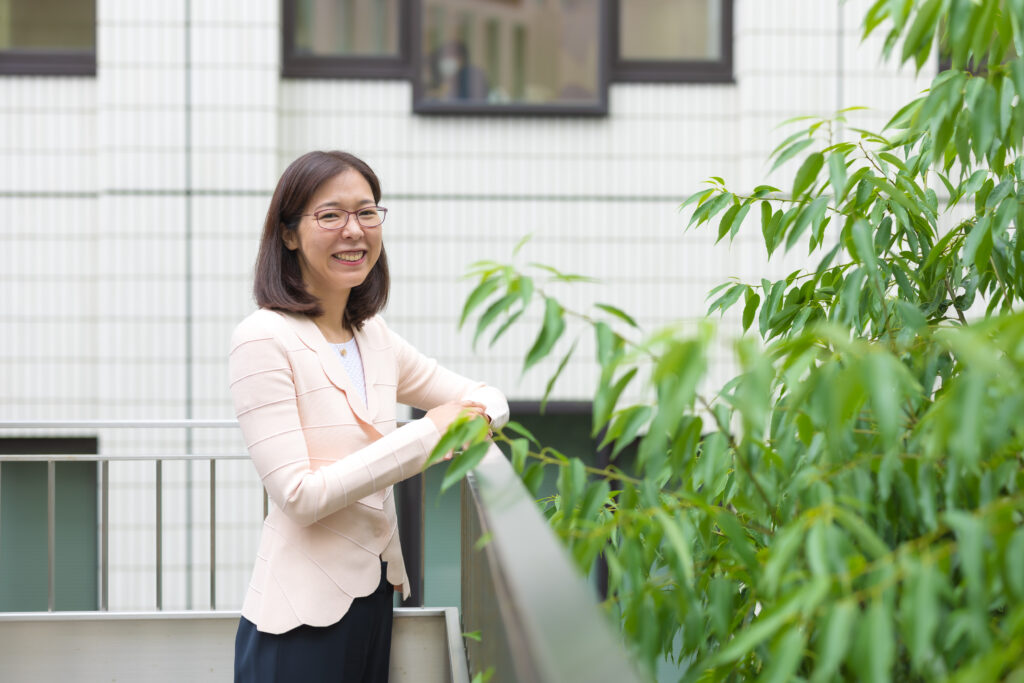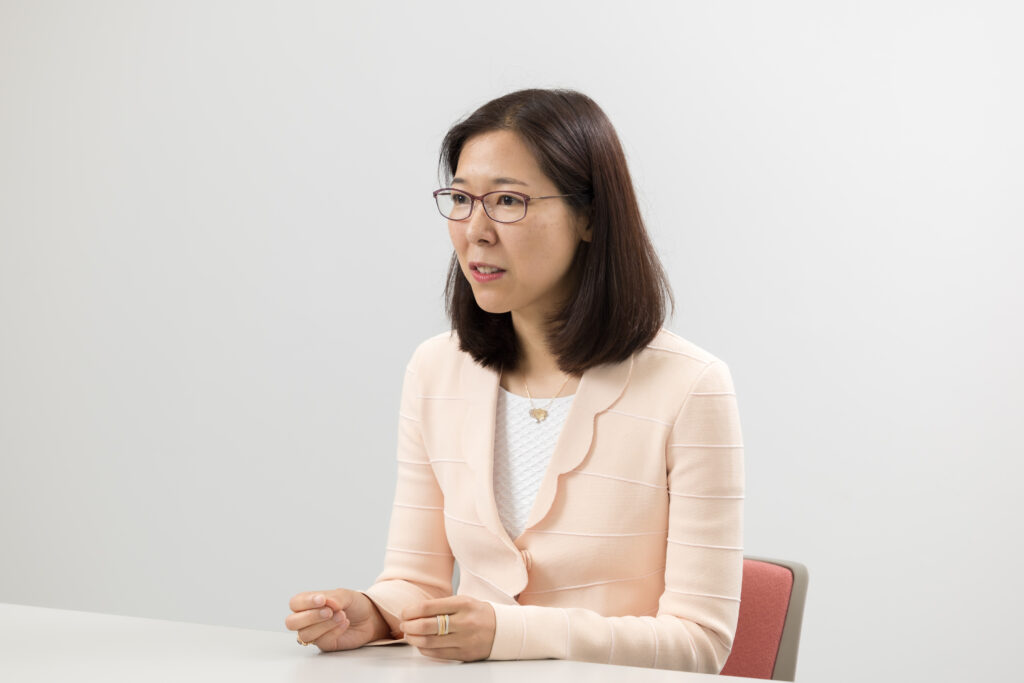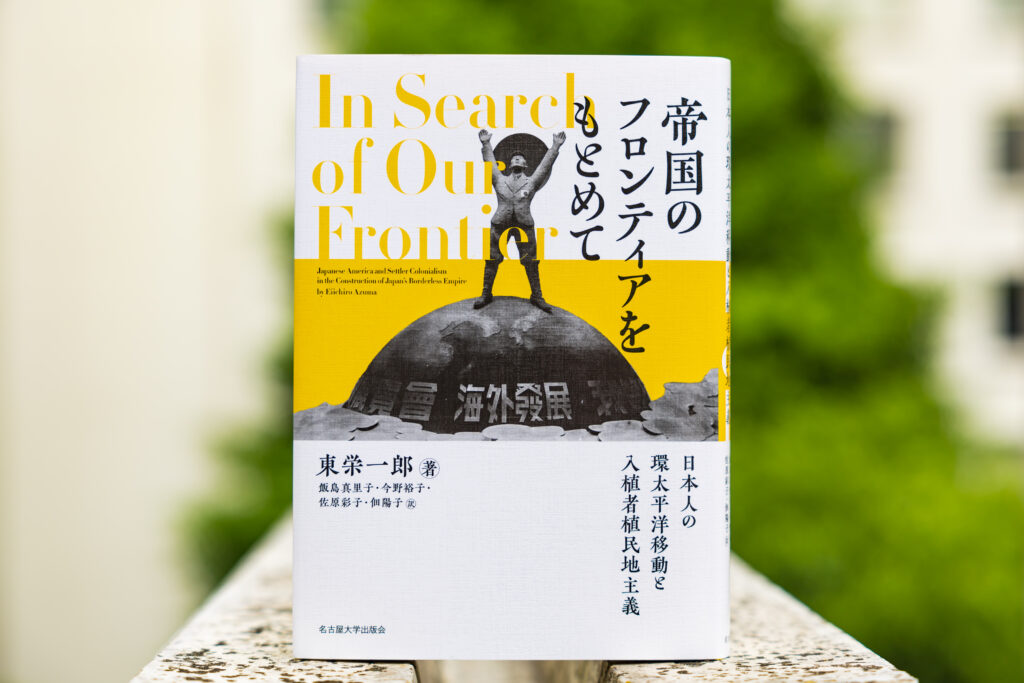
History is often fragmented into national or regional frameworks, such as Japanese history, European history, or Asian history. Professor Mariko Iijima of the Faculty of Foreign Studies observes the migration histories of migrants and agricultural commodities from a global historical perspective.
I have long been engaged in the historical research of Japanese migrants to Hawai‘i from the late 19th century to the first half of the 20th century, and am particularly interested in those who worked on coffee farms in Kona, the Big Island.
My research began with a simple question, which occurred to me when I visited Kona during my college years: why is coffee, of Ethiopian origin, being cultivated on the Hawaiian Islands by Japanese migrants? As my research progressed, I learned that the transportation of coffee trees and Japanese migrants to Hawai‘i shared a fascinating intertwined history.
This discovery prompted me to apply a global historical approach in my research to examine Hawai‘i from the perspective of human and material networks and the relationships that formed through global translational movements.
In addition to coffee, I have investigated the history of sugar cultivation and production, which became the main industry of Hawai‘i since the late 19th century. In the West Indies, the center of sugar production, sugar could not be produced without African slave labor until the mid-19th century.
However, by the time the sugar industry the islands, slavery had been abolished. This led to the international migration of Asians, particularly from China, Japan, and the Philippines to plantations in Hawai‘i.
Coffee shares a similar history, and the introduction of agricultural commodities to the Pacific Islands followed by migrations of various ethnic groups brought significant transformations, including certain damaging effects and the extinction of species, in local society, politics, and the environment. Therefore, I attempt to uncover these multifaceted impacts on global migration at a local level in the Asia-Pacific region.
Histories unfolded through the lens of coffee in the Pacific Islands

As mentioned, my visit to a coffee plantation during a trip to Hawai‘i when I was a university sophomore was the starting point for my research.
I had the opportunity to meet a Japanese American coffee farmer and remember being astounded by the fact that he only spoke English, which sparked my interest in researching the history of Japanese migrants in the context of US history. Later, I wrote a senior thesis on this topic at Sophia University.
However, over the course of my graduate research in the UK, where I did my graduate studies, I began wondering why Japanese migration history had hardly been examined in the fields of Japanese and US history. I realized that as long as history was viewed within geographical and national frameworks, its scope would be narrow and static. Approaching history from a global perspective was key to addressing this.
Recently, I started to investigate how people arriving from Europe and Asia envisioned the Pacific World in the early 18th century.
By collecting and examining a wide variety of archival documents, paintings, and journals in Japan, Hawai‘i, the US, and Europe, I try to grasp how such globetrotters as explorers, missionaries, and botanists embraced the conjectures, ambitions, and visions of the indigenous peoples, landscapes, and resources in the Pacific Islands.
This is the time one of the coffee varieties was transplanted by a British gardener in Hawai‘i, which later became the most influential one in Kona. Behind this story is the plant imperialism of the British Empire, where the transfer of plants via the empire, including transplanting and collecting, was an essential means of establishing its influence in “unknown” worlds.
I believe this research will enable me to clarify how the traffic of people, commodities, and ideas involving the Hawaiian Islands and other Pacific regions at the time not only identifies the Pacific as a hub of global history but also contributes to an in-depth understanding of its current situation.
Questioning norms and embracing multifaceted viewpoints for new perspectives
There is a tendency to believe that history is not directly connected to solving the issues faced by modern society. However, if we extract social and class issues related to ethnicity, race, and gender from historical facts, we find clues to the roots of how such impartial power dynamics became justified and institutionalized.
As such, I often tell my students that questioning what they perceive as norms is essential when teaching Japanese immigration history and the global history of food. For example, I want them to think critically about everything, from the foods they eat to the commodities they use daily, and investigate how they are produced, manufactured, and transported to us.
In the process, they will identify the imbalanced power dynamics between producer and consumer countries, laborers and consumers, and exploiters and the exploited, which are strongly connected to issues of race, gender, and colonialism. I would like them to pursue answers to these questions through independent thinking from multifaceted viewpoints untethered to preconceived ideas.
I believe maintaining an inquisitive mind, even in relation to mundane aspects of our everyday lives, unlocks the enormous potential of learning from history.
The book I recommend
“Teikoku no Furontyia wo Motomete” (In Search of Our Frontier: Japanese America and Settler Colonialism in the Construction of Japan’s Borderless Empire)
by Eiichiro Azuma, University of Nagoya Press.

I translated this book in 2022 from English to Japanese, which inspired my current research. Based on extensive archival examinations of the experiences of Japanese migrants to the US and Hawai‘i, this book reveals that their knowledge of US-style agriculture was vital in expanding the Japanese empire across Asia.
-
Mariko Iijima
- Professor
Department of English Studies
Faculty of Foreign Studies
- Professor
-
After graduating from the Department of English Studies, Faculty of Foreign Studies, Sophia University, completed a post-graduate doctoral course at the University of Oxford and received her Ph.D in history. Worked as a part-time lecturer at the Sophia University Center for the Teaching of Foreign Languages in General Education, a full-time lecturer at the Tokyo Junshin Women’s College, a part-time lecturer and associate professor at the Sophia University Department of English Studies, Faculty of Foreign Studies, and others before assuming her current position in 2021.
- Department of English Studies
Interviewed: June 2022